MercoPress. South Atlantic News Agency
Latin America
-
Friday, February 26th 2010 - 01:27 UTC
Peru/China free trade agreement becomes effective next March first
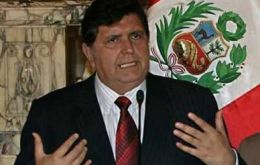
The free trade agreement between Peru and China becomes fully effective as of next Monday March first, according to the publication on Thursday of the official decree in Peru’s gazette. China has become Peru’s main trade partner behind the US.
-
Friday, February 26th 2010 - 01:19 UTC
Peruvian private pension funds purchase Lan Chile shares
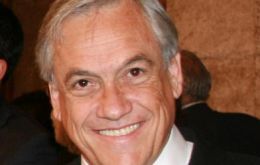
Peruvian Finance Minister Mercedes Araoz welcomed the participation of Peruvian private pension funds, AFP, in Thursday auction of a 6.4% stake (21.83 million shares) of Chilean flagship airline.
-
Thursday, February 25th 2010 - 04:56 UTC
“Political intolerance” and “citizen insecurity” rampant in Venezuela says OAS

Venezuela routinely violates the rights of its citizens, using the “punitive power of the state” to intimidate and punish people for their political opinions, the Inter-American Commission on Human Rights (IACHR) said Wednesday.
-
Thursday, February 25th 2010 - 01:25 UTC
EU ready to reach trade agreements with Latinamerica by next May
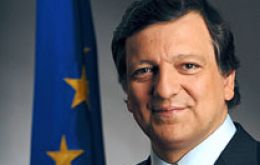
Spanish president Jose Luis Rodríguez Zapatero and European Commission president Jose Manuel Durao Barroso said they were confident of a successful conclusion of trade and cooperation agreements the EU is currently in the process of negotiations with Latinamerica.
-
Thursday, February 25th 2010 - 01:16 UTC
Good prospects in 2010 for Latam commodities and energy exporters

A report released this week in Mexico by the inter American Development Bank, (IDB) forecasts a good year for Latinamerican countries exports of commodities and energy but a slower recovery for Central America and the Caribbean more dependent on tourism and remittances.
-
Thursday, February 25th 2010 - 00:54 UTC
Round up of Cuban dissidents following the death of political prisoner

Cuban security agents detained dissidents across the country to prevent protests at the funeral of a leading dissident who died on a prison hunger strike and which has sparked international indignation. Cuban president Raul Castro said he regrets the death of Orlando Zapata and denies the rights activist had been tortured.
-
Wednesday, February 24th 2010 - 07:00 UTC
Latinamerica Economic Climate on the rise: Brazil, Uruguay, Peru lead
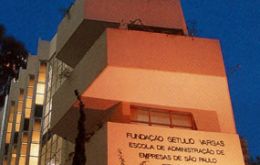
Latinamerica’s Economic Climate Index (ECI), --developed between the German Ifo Institute from the University of Munich and Brazil’s Getulio Vargas Foundation, FGV-- increased to 5.6 points from 5.2 between October 2009 and January 2010, consolidating the trend of economic recovery in the region.
-
Wednesday, February 24th 2010 - 06:49 UTC
Venezuela facilitates travel to Mercosur and associate members’ citizens

Citizens from Mercosur full members and some associate countries will be allowed to travel to Venezuela with no need of a passport, simply with their national ID, as of next Thursday announced Venezuela’s Identification and Foreigners office.
-
Wednesday, February 24th 2010 - 06:46 UTC
Officially recession is over but Mexico’s economy contracted 6.5% in 2009
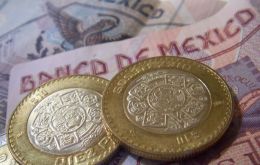
Mexico’s GDP shrank by 6.5% last year amid the global recession, greater than the 6.2% of 1995 but the less severe end of the range of 6.5 percent to 7.5% decline forecast by the Mexican central bank.
-
Wednesday, February 24th 2010 - 06:30 UTC
Mexico gives birth to the Community of Latinamerican and Caribbean States
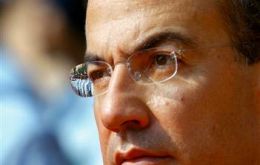
Latinamerican and Caribbean nations are to set up a new regional bloc of all the countries in the Americas, with the exception of the United States and Canada. The decision was formalized Tuesday at a regional summit of the so called Rio Group in the Mexican resort of Cancun.
